House For Sale
Some Dallas homeowners are seeing shocking hikes in 2024 property values
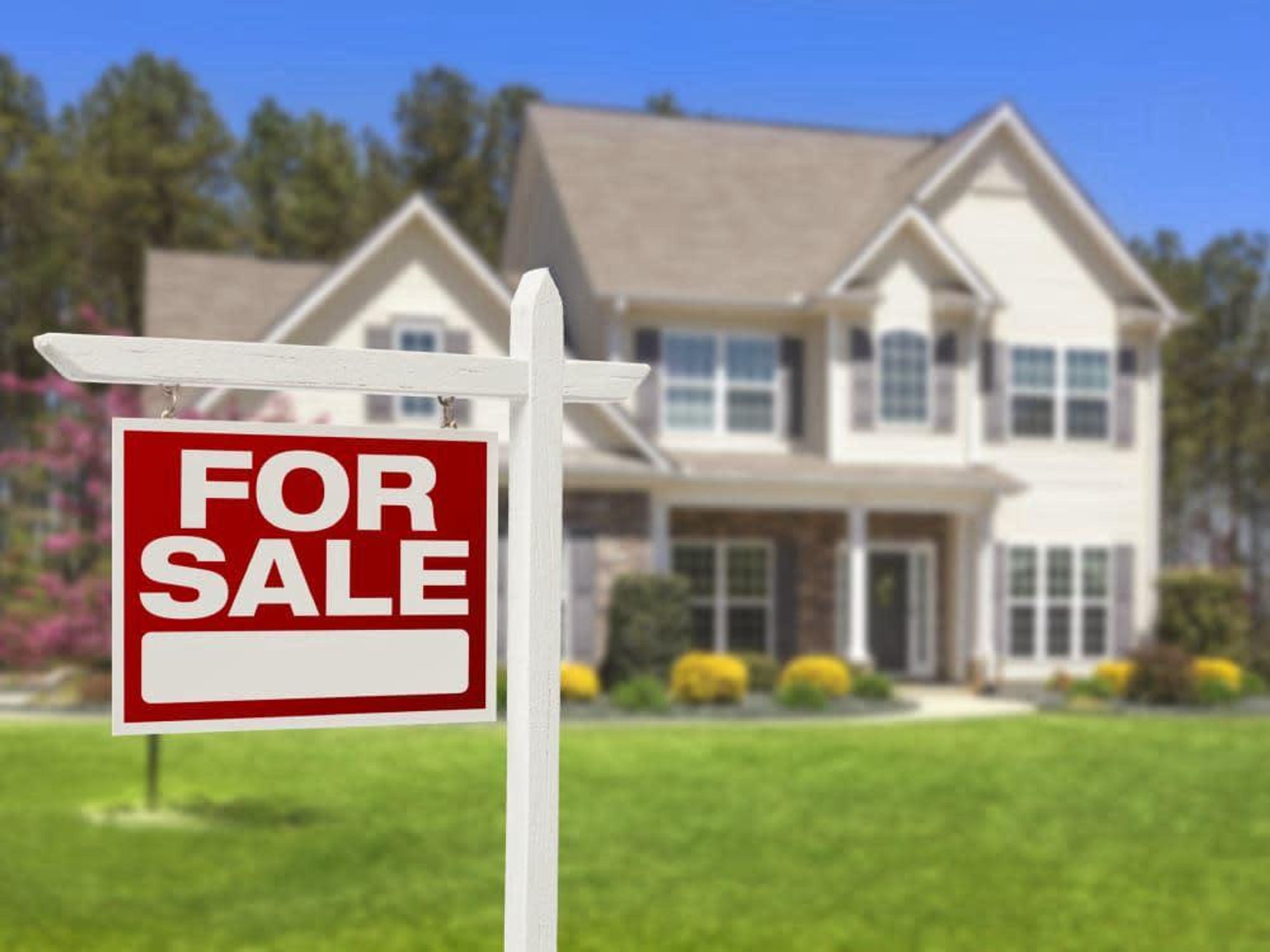
Some Dallas homes saw big jumps in property value.
April 15 is best known as the day your income taxes are due, but it's also the day that property owners find out what their homes are worth, and in Dallas, some homeowners are reeling today over jaw-dropping increases in 2024.
"Notices of Appraised Value," which are sent out to homeowners to inform them of their property value and the taxes they owe, started going out in the mail on April 12. But the new values have already been posted on the website of Dallas County Appraisal District (DCAD), the body responsible for appraising property for property tax purposes.
It's grim news if you're a homeowner in certain neighborhoods east and west of central Dallas, where property values have seen increases as high as 125 percent - as in: "more than twice as much as what it was deemed to be worth last year." Which on its own might not be so bad, if it were not accompanied by an equally big increase in property taxes.
According to DCAD listings, neighborhoods on the east side of Dallas and in Oak Cliff got hit particularly hard.
Some random dramatic increases:
- M Streets: 6203 Mercedes Ave., previously valued at $2,210,480, now $2,374,380
- Oak Cliff: 822 Stewart Dr., previously valued at $447,830, now $612,980
- West Dallas: 1915 Nomas St., previously valued at $124,460, now $234,440
- Buckner Terrace: 5711 Enchanted Ln., previously valued at $252,430, now $299,520
- Forest Hills: 8214 San Leandro Dr., previously valued at $780,520, now $896,970
- Midway Hollow: 4001 Shorecrest Dr., previously valued at $1,254,570, now $1,399,390
- North Dallas: 6118 White Rose Tr., previously valued at $507,680, now $593,790
- Lake Highlands: 9926 Greenfield Dr., previously valued at $500,370, now $616,470
- Casa View: 3003 San Medina Ave., previously valued at $265,840, now $311,880
The big jump is in land value - what the land alone is worth without the structure on top of it, and an essential part of the value of a property. Examples: Land value for a home in Winnetka Heights that was previously set at $195,000 is now set at $262,500. Land value at a home in Lake Highlands that was previously $285,000 is now $350,000.
Some neighborhoods such as Old East Dallas, Hollywood/Santa Monica, White Rock Hills, South Dallas, and Buckner Terrace, which may not have weathered brisk sales, do not show experienced appreciable jumps.
But if you live on, say, Gaston Avenue, you're screwed; the street saw stratospheric increases. A home at 6877 Gaston Ave. that in 2023 was appraised at $752,480 is now valued at $1,161,490, with land value that climbed from $373,170 to an insane $1,005,850.
A representative from DCAD's appraisal office says appraisals are based on recent sales.
"Our job is to reflect the market," the representative says. "It's based entirely on sales in that neighborhood. And there's no cap - it can go up more than 100 percent, based on what has sold in the neighborhood."
The appraisal team is especially inclined towards increases when they see big jumps in sales of land only. For example, in the Gaston Avenue area, a lot at 7039 Gaston Parkway recently sold for more than $500,000 for the land alone.
That sale compelled DCAD to increase the price for land in the area from $26 per square foot to $50.
However, there are flaws in DCAD's approach, since "Gaston Parkway" and "Gaston Avenue" are not the same. Gaston Parkway has a nicely landscaped greenbelt versus Gaston Avenue, a highly trafficked and noisy throughway from Garland Avenue.
In addition, appraisers do not evaluate individual homes. Neighborhoods such as West Dallas and Casa View, which has been a target zone for flippers in the past few years, have seen 100 percent increase in property values on homes that have remained unchanged.
Homeowners can protest the value of their property and in 2023, Dallas residents were given an unexpectedly generous adjustment on their homestead deductions.
But unfortunately, land value is not something that property owners can protest and the bigger your yard, the more painful it gets.
"We're not able to inspect each property, but if there's land sales in the neighborhood, we've started equalizing land values with surrounding properties," he says. "And then if you've protested and got the value to drop quite a bit, you might see a jump because we go back and do reappraisals and every year stands on its own, and there's no cap or limit on market value."
If you do want to protest the value that your appraisal district has levied, the deadline is May 15, and you can visit the online sites:
- Dallas County at dallascad.org
- Collin County at collincad.org
- Denton County at dentoncad.com
- Tarrant County at tcad.com
Appraisal districts were created in each county in 1979 by the Texas legislature to annually determine the market value of all properties within its county’s boundaries. The home's market value is determined by an appraiser, who is typically hired when a lender is deciding how much money to provide a buyer as a loan or when the owner is setting the home’s list price on the market.
Once established, the values are then certified to the tax-assessor collector for each taxing jurisdiction (county, city, school, and special districts) in the form of an appraisal roll which is submitted to each taxing jurisdiction.
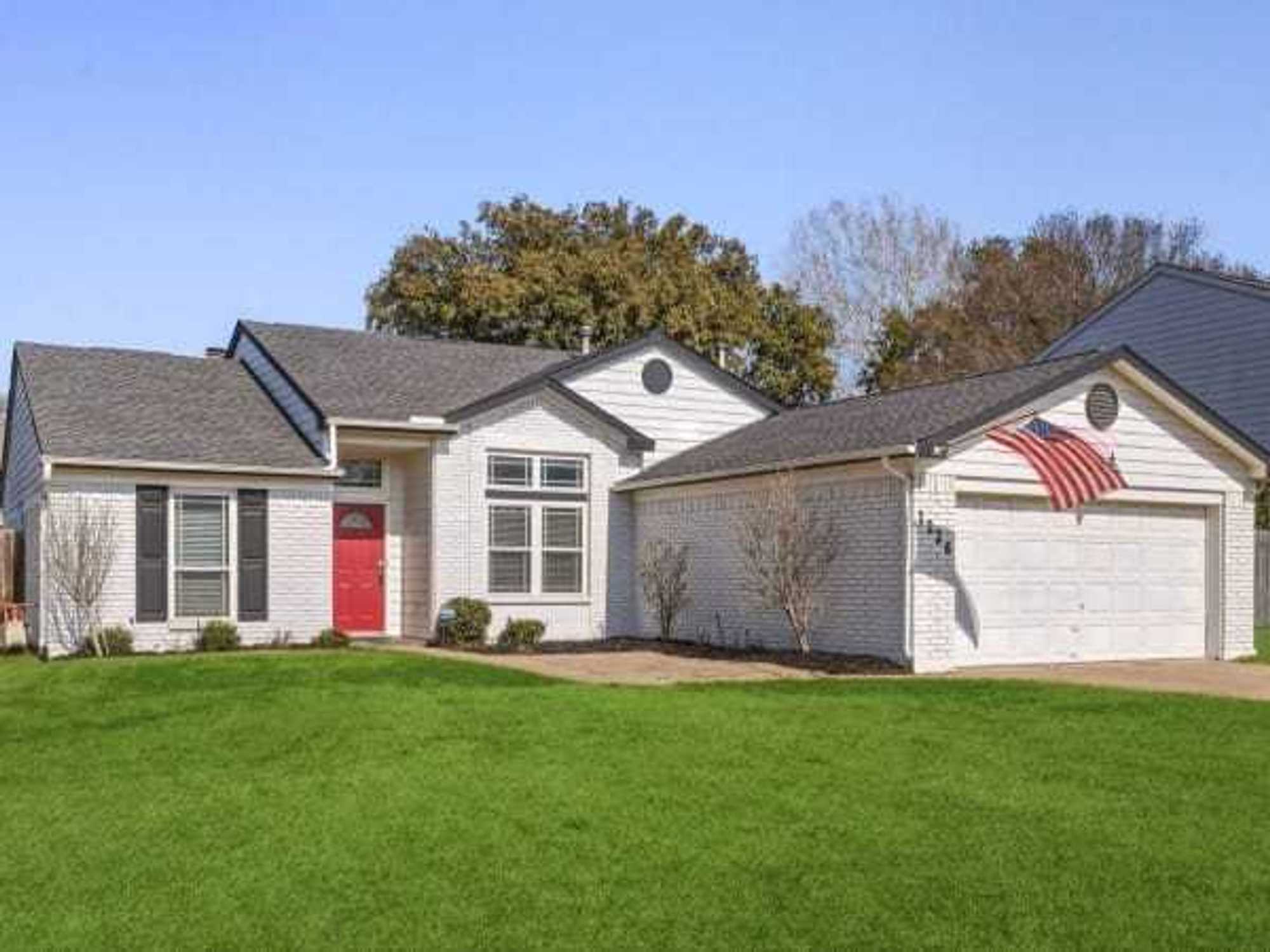
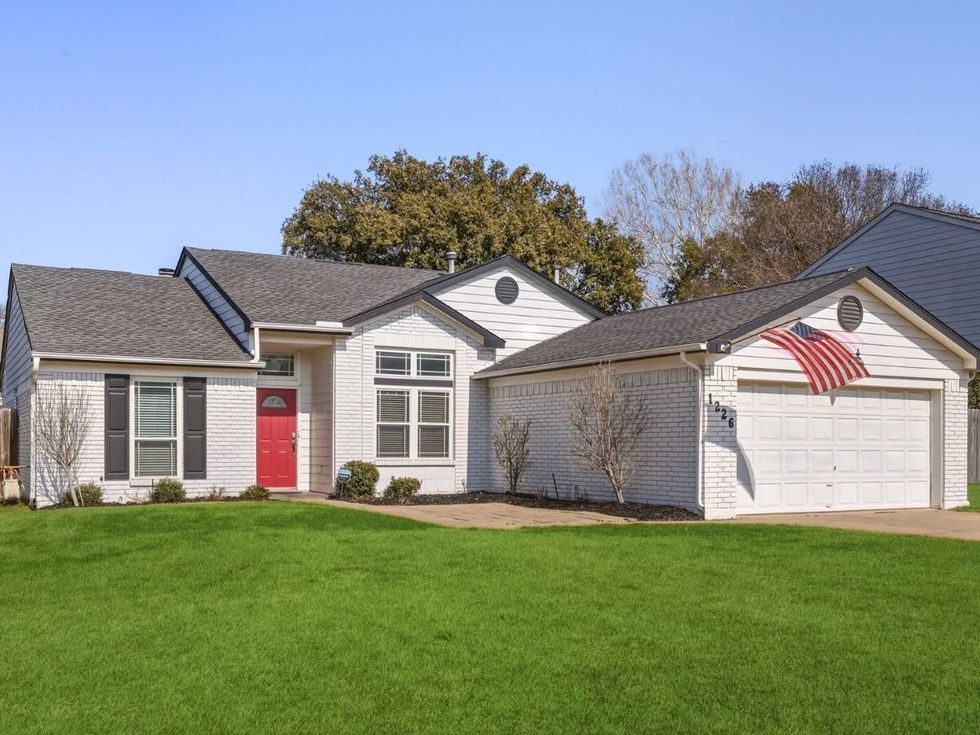




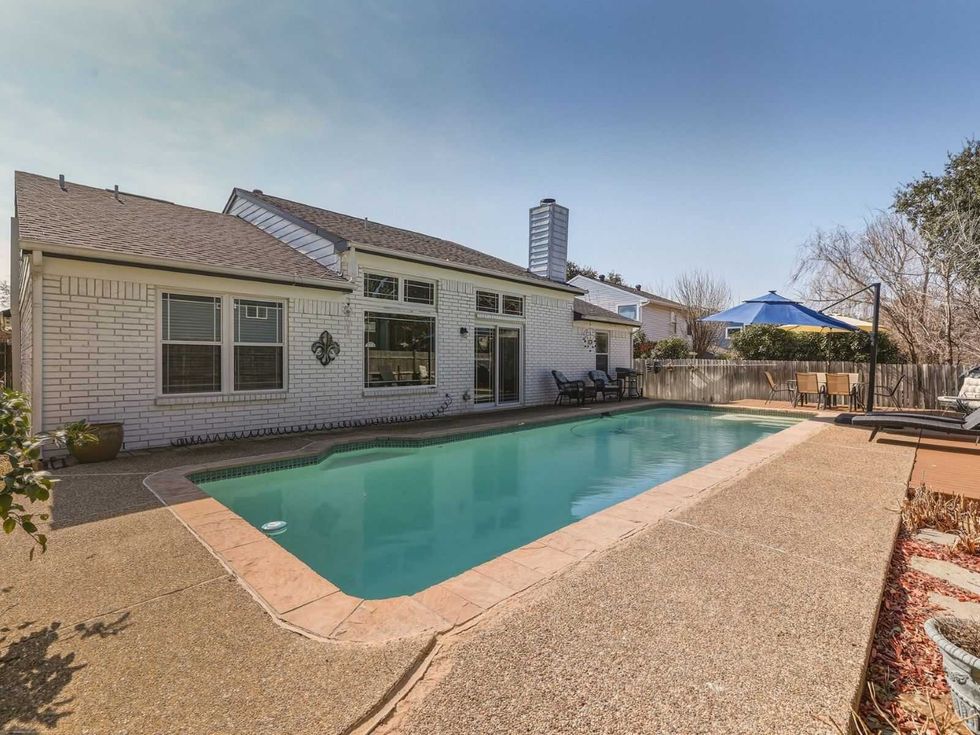
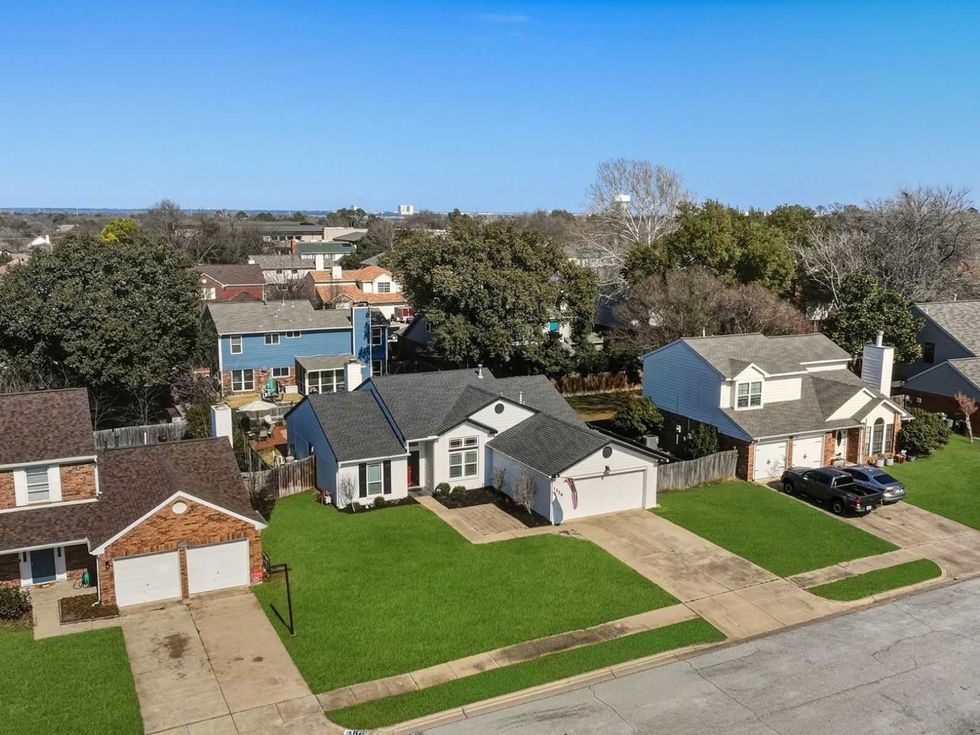 The home is near all the Grapevine hot spots.Photo courtesy of The Meyer Group
The home is near all the Grapevine hot spots.Photo courtesy of The Meyer Group Post Malone grew up in Grapevine and plays in Dallas-Fort Worth frequently. Photo by Adam DeGross
Post Malone grew up in Grapevine and plays in Dallas-Fort Worth frequently. Photo by Adam DeGross